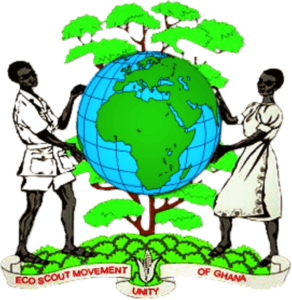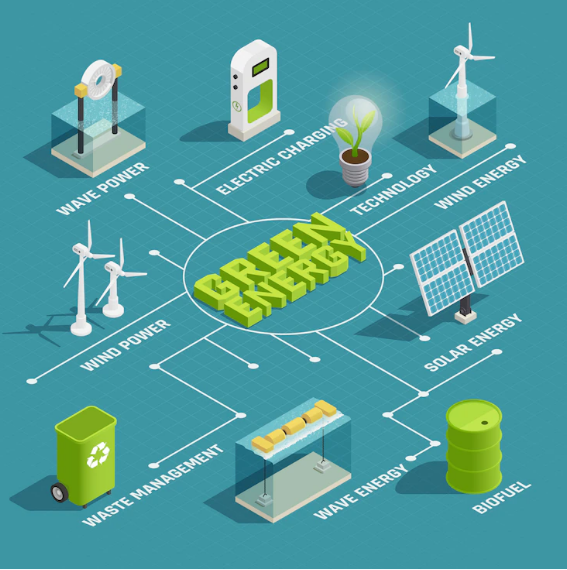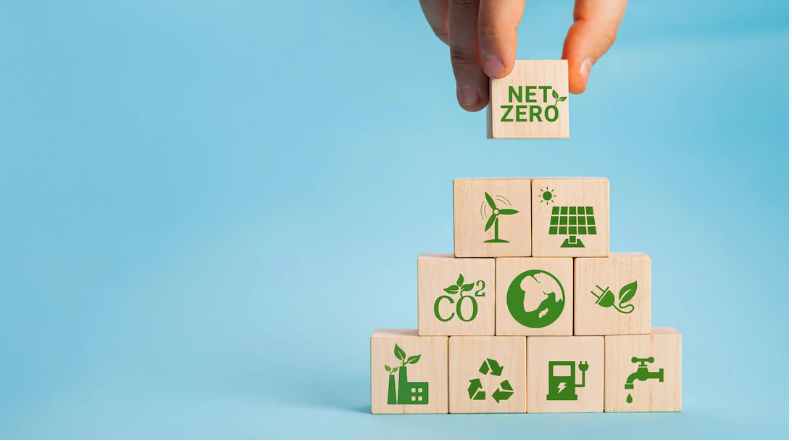In 2015, the United Nations General Assembly (UNGA) introduced the Sustainable Development Goals framework to achieve a “sustainable” future for the planet with the hope to achieve these 17 goals and their 169 targets by 2030. At the very core of this 17-pointer agenda is “sustainable energy” or renewable energy.
The world needs renewable energy supported by reliable power supplies and stops the exploitation of fossil fuels. However, these sources are incredibly hazardous to our natural environment and are finite in quantity; they will run out sooner or later if we continue to extract them at this pace.
The Renewable Energy Crisis
Coming back to the UNGA SDG number 7, the target states an “increase in the share of renewable energy in the global energy mix”. Renewable energy, unlike fossil fuel-based energy (as the name suggests), replenishes itself over time, is abundant, and is available nearly everywhere. Sources include the sun, the wind, geothermal energy, hydropower, and biomass from plants. They do not release greenhouse gas emissions and can help preserve our natural resources.
Regardless, the transition from fossil fuel-based energy to renewable energy is slow. According to the World Economic Forum, we can achieve 100% clean, renewable energy by 2050. But only if countries that are majorly responsible for global CO2 emissions can achieve 80% renewable energy-based production by 2030. This goal to stabilize the global energy sector is notable. However, it does state that without the support of the policymakers of the countries, the transition may not happen as quickly.
Ghana – State Policies and Their Role in Clean Energy Production
Countries must adopt state policies and programs that lay the groundwork for a sustainable future. However, the degree of successful implementation is unlikely, as is the case with many of the underdeveloped and developing countries of the world. Ghana is one such example. We have an array of renewable energy resources to invest in for clean energy production. But policy issues have constrained the development of renewable energy.
On the southern coast of Ghana in West Africa lies Elmina. The town is home to a 16.25-acre Biomethanation Municipal Sewerage Treatment Plant, funded by the Embassy of the Kingdom of the Netherlands. This plant can process overeading operationreading operationr 250 m3 of biomass via its 4 parallel plants simultaneously. This makes it an excellent investment for biomass energy systems.
However, as implementation lacks Leadership the facility, even though handed over to the Elmina Municipal Assembly on the 26th of November 2014, has not been operational till early 2022.
Biomethanation – Renewable Energy For a Sustainable Future
Investing in the Bio methanation treatment plan can go a long way in the run for acquiring renewable energy.
The Edina Essaman Biomethanation Treatment Plant
This project can help transition to a cleaner energy-based economy and helps meet a number of the Sustainable Development Goals, i.e. 1,3,6,7,9,13 and 17, making it a reliable and worthy investment.
The facility operates using 4 independent parallel plants, each having a capacity of 62.5 m3. The plant is completely free of mechanical devices. Most importantly, it works using completely natural processes to break down the biomass elements.
Why Do We Need To Adopt Biogas Systems?
On our way to building a sustainable future, we must be careful to incorporate the many renewable power sources we have on hand.
Biogas systems themselves can do wonders for our environment, economy, and well-being, eliminating the many drawbacks of fossil fuel-based energy.
An Eco-Friendly Solution
Biogas is a renewable, clean source of power formed when bacteria anaerobically digest or break down organic matter. It is producible nearly anywhere anytime and does not release any harmful greenhouse emissions (i.e. it reduces the greenhouse effect). Moreover, the process employed is naturally occurring and does not require energy for the generation process. The materials used in the process are also freely available, making this a reliable, sustainable, eco-friendly solution.
Produces Organic Fertilizer as a By-Product
Another advantage these plants have is the production of organic fertilizer as a by-product. Commercial fertilizers can be harmful to the environment due to their high nitrogen and phosphorous contents. Comparatively, organic fertilizers can not only contribute to soil health but also provide valuable micronutrients to plants.
Renewable Energy Reduces Soil and Water Pollution
By segregating organic waste that would end up in landfills to biogas facilities, we can effectively reduce waste. Similarly, the process of anaerobic digestion helps deactivate many pathogens and parasites, which would otherwise lead to waterborne diseases. This is how biogas plants can help improve waste collection and reduce water and soil pollution.
A Healthy Cooking Alternative
Due to the massive cutting of wood for household fuel, deforestation has been on the rise for decades. By employing biogas-based cooking, we can displace the use of wood and/or charcoal entirely.
Biogas is Pro-Economy
Biogas is a powerful driver of economic growth, partially in rural areas that need economic opportunities. It works in a closed-loop system that not only provides clean energy but also recycles and creates organic fertilizers. It will help curb climate change and help bring in economic benefits in the long term i.e. increased job opportunities, capital development, and sustainable energy resources.
Renewable Energy is The Future
Fossil Fuels are not renewable. According to estimates, non-renewable energy resources will deplete soon. Fossil fuels are dangerous to produce, accident-prone, and a leading cause of air pollution and smog. Mercury Emission is another big disadvantage of producing fossil fuels, and they are the main driver of global warming.
On the other hand, it is reliable, produces no greenhouse gas emissions, and reduces many types of air pollution. Renewable technologies can produce jobs in manufacturing, installation, and more and lead to economic development. In simple words, renewable energy is the future, and we need to realize it.




Pingback: Green Technology and Renewable Energy: Sustainable Living in Ghana